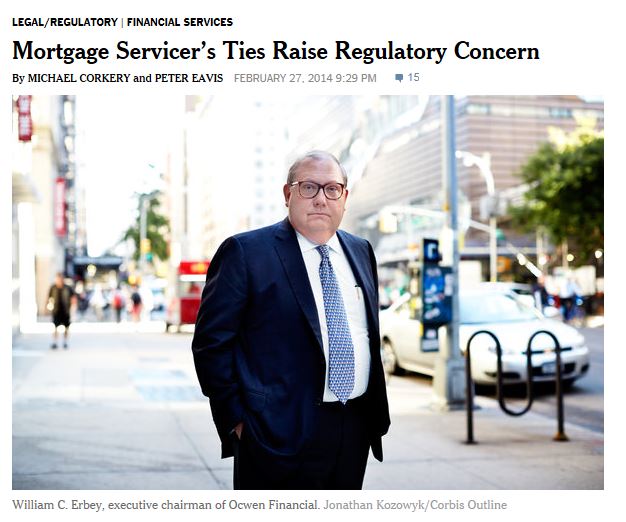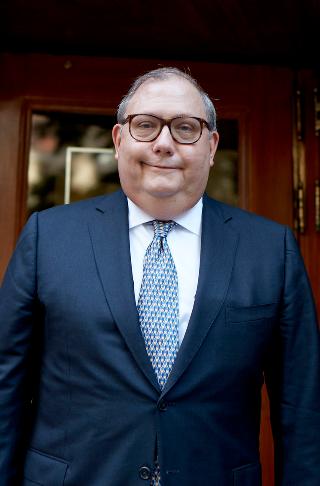William Charles Erbey: the United States billionaire who bought Maltese citizenship and who has popped up on Malta’s electoral roll
William Charles Erbey, who has cropped up on Malta’s most recent electoral roll, is a United States citizen who lives permanently La Croix, in the US Virgin Islands, where he moved in 2012.
He and his wife Elsie Elaine, the daughter of Ukrainian immigrants to the United States, have bought Maltese citizenship, which gives them full rights and freedoms in the European Union, and both have now cropped up on Malta’s updated electoral roll, which means they have the vote in general elections. They actually, physically applied for the vote and their applications were filed with the Electoral Commission. For the purposes of acquiring Maltese citizenship, they were registered at flat 12, block A, Forth Mansions on the Ta’ Xbiex sea front, but they do not live there. Their applications came through Henley & Partners.
It is not clear whether the United States authorities or the US embassy in Malta are aware that William Charles Erbey and Elsie Elaine Erbay are now Maltese citizens, nor is any information forthcoming on whether they have given up their US citizenship altogether.
Billionaire Erbey, 66, built his fortune in servicing mortgages (home loans), making his company, Ocwen Financial, the largest non-bank mortgage servicer, largely filling the gap left when the banks retreated from this line of business during the financial crisis and subprime fall-out.
He got into hot water with New York State regulators, led by New York Superintendent of Financial Services Benjamin Lawsky, and was forced to step down as chairman/CEO of Ocwen Financial and four related businesses, as part of the settlement of an investigation into Ocwen’s history of “ripping off” US homeowners.
The investigators said that Ocwen Financial required underwater homeowners to buy a specific type of home insurance policy through a company, Altisource Portfolio Solutions, in which he has a significant stake. That arrangement allegedly allowed Altisource to generate $65 million in fees. The scrutiny sank the value of shares in Erbey’s several public entities, lowering his fortune by $500 million in 2014 alone.
An “underwater” mortgage one in which the balance of the mortgage (home) loan is higher than the fair market value of the property. This type of situation became common following the housing market crash in the United States around 2008, when many homeowners saw their homes lose a lot of their value.
Richard Cordray, head of the Consumer Financial Protection Board in the US, said in 2014 that Ocwen “took advantage of borrowers at every stage of the process”. He was accused of having “built an empire on misery” – by then, Ocwen Financial had already foreclosed on 185,000 homes, leaving that many families homeless.
Of Erbey’s five businesses, none are registered for tax purposes in the United States. Ocwen Financial and Altisource Asset Management are sheltered in an economic development zone in the US Virgin Islands. Altisource Portfolio Solutions and Altisource Residential Corporation are registered in Luxembourg, and Home Loan Servicing Solutions is headquartered in the Cayman Islands, another offshore jurisdiction.
New York’s Superintendent of Financial Services, Benjamin Lawsky wrote formally to Ocwen about the “tangled web of conflicts (which) could create incentives that harm borrowers and push homeowners unduly into foreclosure”. Ocwen had been accused by many of doing just that: deliberately edging people into defaulting on their loans so that he could make money off them through his other businesses. Those people lost their homes in the process.
William Erbey did this by having Ocwen Financial move into a high-risk market where desperate people were squeezed for cash every step of the way to the inevitable foreclosure. In essence, those desperate people were paying Ocwen to lose their homes, because they could have saved those homes only by coming up with enough cash at every critical juncture – which in their perilous situation was impossible. One newspaper called this “the mortgage equivalent of loan sharking”.
Lawsky had been chasing Ocwen for several years before reaching the settlement which forced William Erbey to step down. In 2011, he found a slew of problems with its processes: incomplete documentation and record-keeping, falsification of evidence through “robo-signing” and pursuit of foreclosures without legal standing. Impromptu investigations found “numerous violations”. Lawsky also found that Ocwen even backdated letters to borrowers, making it impossible for them to challenge denials of their mortgage modifications within a specific time frame.
The Federal Consumer Financial Protection Bureau found similar problems with Ocwen and reached an agreement on a $2.1 billion settlement. But most of the money went toward modifying loans that Ocwen serviced but didn’t own, allowing it to pay the fine with other people’s money.
A review of 478 loans by Lawsky’s compliance monitor revealed “1,358 violations of Ocwen’s legal obligations,” roughly three violations per loan.
This time, Lawsky did not spare top executives. Erbey stepped down from all five companies and has been barred from holding “directorial, management, oversight, consulting, or any other role at Ocwen or any related party”.
Ocwen was obliged to pay cash penalties of $100 million to the New York Department of Financial Services for housing counselling and community redevelopment programmes, and $50 million to the victims of its foreclosures. Ocwen also agreed to provide all of its New York borrowers with their complete loan files upon request.


